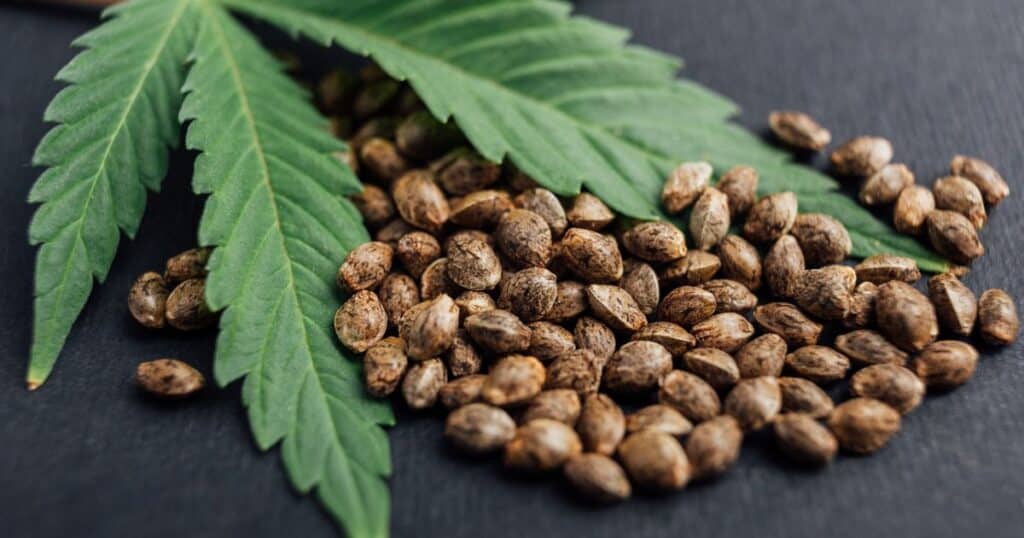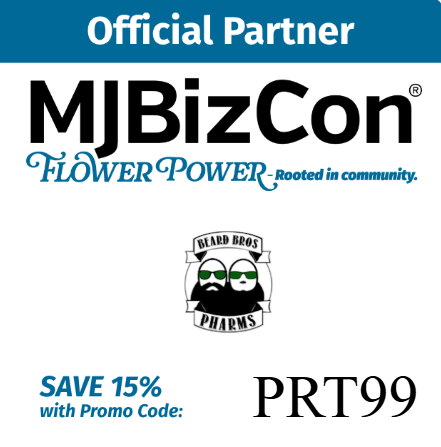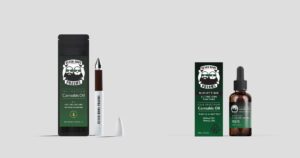Missouri has become a battleground for one of the most contentious debates in the hemp and cannabis industry—how to regulate intoxicating hemp products like Delta-8 THC. Over the past few years, attempts to regulate or outright ban these products have spurred strong opposition from hemp industry leaders who argue against prohibitive measures.
But as unregulated and intoxicating hemp products fill shelves in coffee shops, bars, and CBD stores across the state, lawmakers agree that regulation is needed—yet cannot agree on how it should be implemented. This session, Missouri lawmakers are tackling the issue with multiple bills that propose varying degrees of regulation.
The Rise of Intoxicating Hemp Products in Missouri
Missouri retailers currently sell hemp-derived intoxicating products like Delta-8 THC drinks and edibles—a market that exploded in popularity due to a loophole in federal legislation. Delta-8 THC, an isomer of Delta-9 THC found in marijuana, is derived from hemp and is psychoactive but remains in legal limbo.
However, as these products grow in popularity, concerns about safety, lack of regulation, and accessibility to minors have amplified. Unlike medicinal or recreational marijuana, which is regulated heavily at the state level, intoxicating hemp products in Missouri operate with no age restrictions, potency caps, or mandatory testing in place.
Why Regulation is Needed
Stakeholders on all sides agree that the current lack of rules is untenable. Even the hemp business community, which has historically opposed legislative efforts to ban these products outright, is pushing for some form of regulation. For many in the Missouri hemp industry, the goal is to create regulations that match consumer demand while ensuring products remain accessible to legitimate businesses.
At the heart of the debate is whether these products should exist under a separate regulatory framework or fall into the heavily governed realm of marijuana products sold via state-licensed dispensaries.
The Competing Proposals
Missouri legislators have introduced three main proposals, as first reported by the Missouri Independent, to regulate intoxicating hemp, and each comes with significant implications for the industry.
Representative Barry Hovis’ Bill
Sponsored by Republican state Rep. Barry Hovis and backed by the Missouri Beer Wholesalers Association, this bill focuses exclusively on regulating hemp-derived beverages, such as Delta-8 THC seltzers sold in bars and cafes. It proposes adopting the same three-tier system long used by the alcohol industry, which separates manufacturers, distributors, and retailers.
This system has been standard in Missouri since Prohibition, ostensibly to prevent market monopolization. However, this proposal has garnered criticism from the hemp industry for restricting innovation and curbing direct-to-consumer sales.
Craig Katz, a spokesperson for the Missouri Hemp Trade Association, opposed the bill, calling it a monopoly on behalf of distributors. Though this framework may work for alcohol, Katz argues it doesn’t suit hemp products.
“It creates a monopoly on behalf of the distributors,” said Katz in the Missouri Independent, “It may have worked over decades in the alcohol industry and they’re used to it, but it doesn’t really work for the hemp industry.”
Representative Dave Hinman’s Proposal
A bill proposed by Republican state Rep. Dave Hinman goes beyond beverages, extending regulations to edibles, vapes, and tinctures. It also includes strict THC content guidelines, limiting beverages to 10mg of THC per serving and edibles to just 5mg per serving.
This proposal also leans on the three-tier system for oversight and proposes licensing through Missouri’s Division of Alcohol and Tobacco Control. Opponents argue these potency caps would hinder medicinal users relying on higher doses for pain or conditions like arthritis.
Critics have also raised concerns about the bill’s potential impact on heavily-used hemp flower-derived products like THCA. Katz notes that this legislation would effectively ban THCA flower products, which account for nearly half of the hemp industry’s current market in Missouri.
Senator Nick Schroer’s Bill to Ban Intoxicating Hemp
Republican state Sen. Nick Schroer has once again introduced legislation to ban the sale of most intoxicating hemp products outside of regulated marijuana dispensaries.
Schroer’s bill treats these hemp products like marijuana because they share similar intoxicating effects. The Missouri Cannabis Trade Association (MoCannTrade) supports Schroer’s approach, arguing there’s no justification for creating a separate regulatory system for hemp-derived cannabinoids that mimic marijuana.
Points of Contention Among Missouri Hemp and Cannabis Industries
While the proposed bills aim to set regulatory guardrails, they’ve sparked heated debates across the Missouri hemp and cannabis industries.
THC Potency Limits
One of the main sticking points is the proposed THC limits in the Hinman and Hovis bills. Hemp businesses argue the caps are far too low to serve medicinal consumers, some of whom rely on higher doses for therapeutic use.
Distribution Model
The three-tier system proposed in both the Hovis and Hinman bills is another contentious issue. Industry leaders like Katz believe this model would stifle small businesses by forcing them to rely on larger distributors and eliminating their ability to sell directly to consumers—especially online.
THCA Flower
Another major point of debate is the treatment of THCA flower, a product that looks and feels like traditional marijuana but is technically legal under federal hemp guidelines. Hinman’s bill would effectively ban THCA products, which account for a growing share of the hemp industry.
Monopoly Concerns
Many in the Missouri hemp industry worry that highly restrictive regulations favor larger marijuana operations and alcohol distributors, which already have the infrastructure to dominate the market. Hemp businesses argue that banning these products or limiting their distribution could create a de facto monopoly in favor of established players.
The State’s Position
Governor Mike Parson has made it clear that he supports stricter oversight of intoxicating hemp products, citing public health and safety concerns. While his summer attempt to ban these products via executive order faced legal setbacks, Parson’s administration has sought other avenues, including new rules via the Division of Alcohol and Tobacco Control, and budget proposals to increase enforcement mechanisms.
What’s Next for Missouri’s Hemp Industry?
As lawmakers debate and stakeholders lobby for their preferred approach, one thing is clear: the status quo is unsustainable. Missouri lawmakers must strike a balance between ensuring consumer safety and allowing the hemp industry to flourish.
With the legislative session underway and industry groups divided on key issues, the outcome remains uncertain. Whether the legislation will unify under one consensus framework, or if enforcement priorities shift dramatically, will shape the future of Missouri’s hemp market for years to come.

















